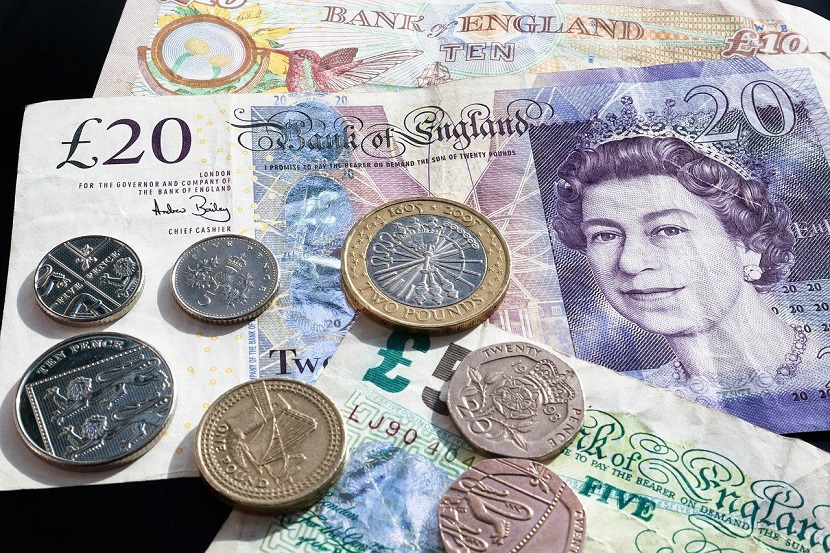British sterling gave up some of its gains against the dollar and the euro as the Bank of England on Thursday hiked its benchmark interest rate by less than the money market had anticipated.
This year’s British pound decline is greater than the hit from the 2016 vote on Brexit.
In order to target consumer inflation at levels close to 40-year highs, the BoE increased its benchmark rate by 50 basis points (bps), raising it to 2.25%. Despite the British economy entering recession, the BoE promised to “act strongly, as necessary” to rising prices.
The money market predicted a likely increase of 75 bps while Reuters’ poll of analysts predicted a hike of 50 bps.
Following the BoE’s decision, the pound retreated from earlier highs, rising 0.4% on the day to $1.13135% against the dollar after briefly touching 0.85%.
Sterling’s gains against the euro were reversed, and it dropped after briefly reaching a one-week high of 86.95 pence prior to the decision. It then flattened out at 87.23 pence.
“It was unmistakably a dovish surprise because markets had almost entirely factored in a 75 bps increase. The fact that three MPC members voted in favor of 75 bps, however, might be limiting a significant dovish repricing in the pound curve, which could be one of the reasons why the pound has not fallen significantly after the announcement” FX strategist Francesco Pesole from ING said.
Rising interest rates haven’t done much to help the pound this summer to counter the grim economic outlook and cost of living problem in Britain.
The pound has lost 16% of its value versus the dollar so far this year, falling in early London trading to a new 37-year low.
Jane Foley, head of FX strategy at Rabobank in London, stated: “Since May it has been clear that BoE rate hikes are not having much of an impact in halting downside pressure on sterling with UK fundamentals undermined by slow growth, a huge current account deficit, and recently by concerns over the fiscal outlook.”



